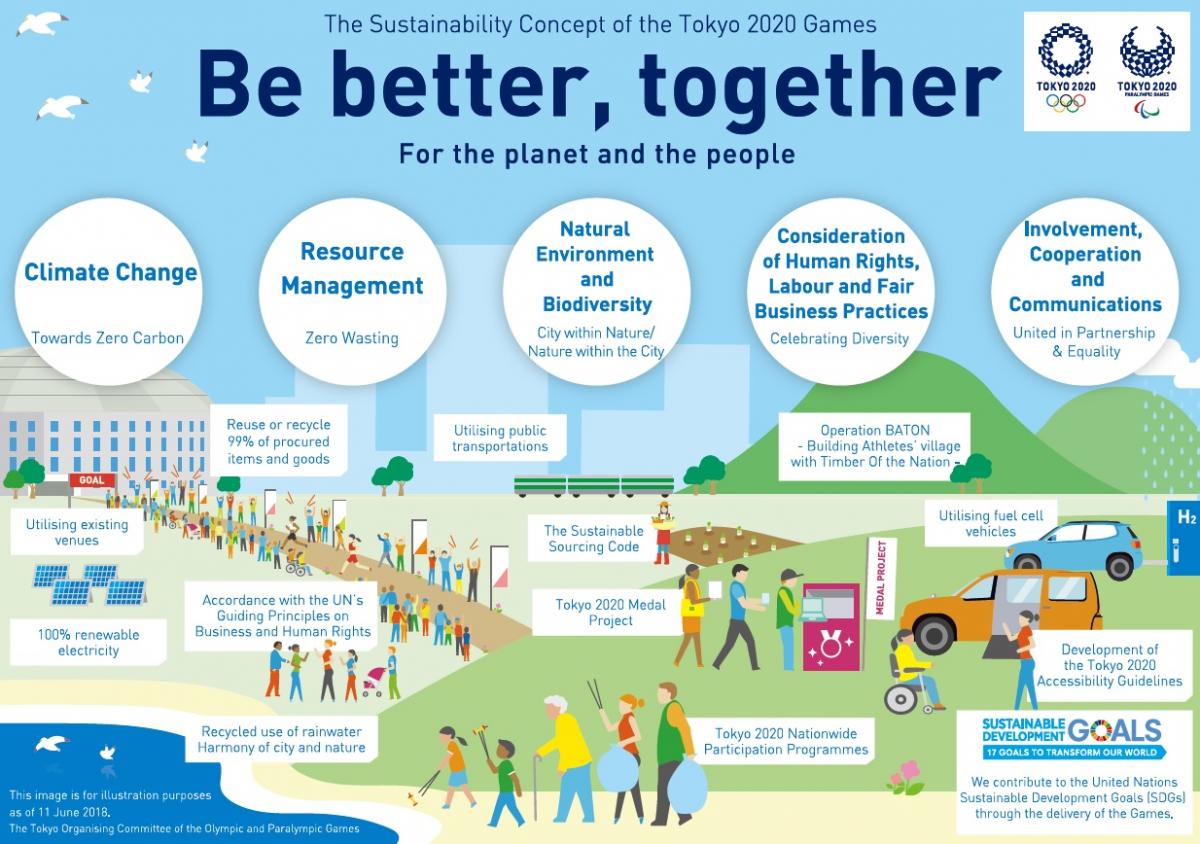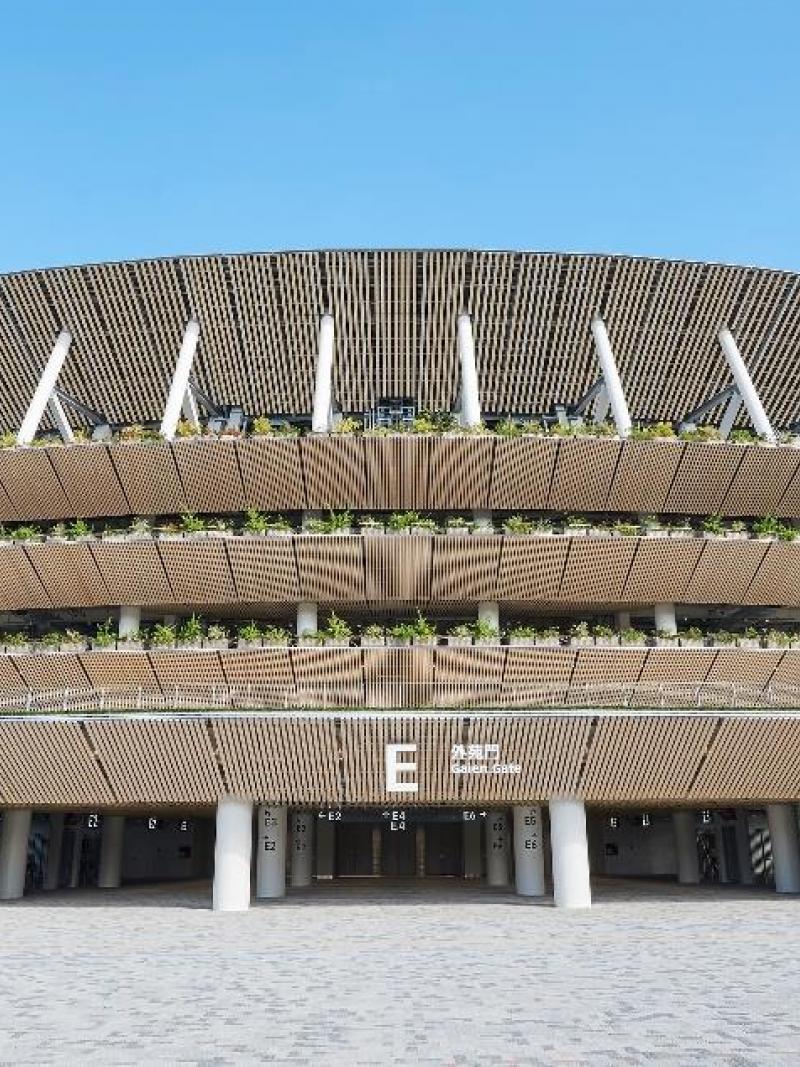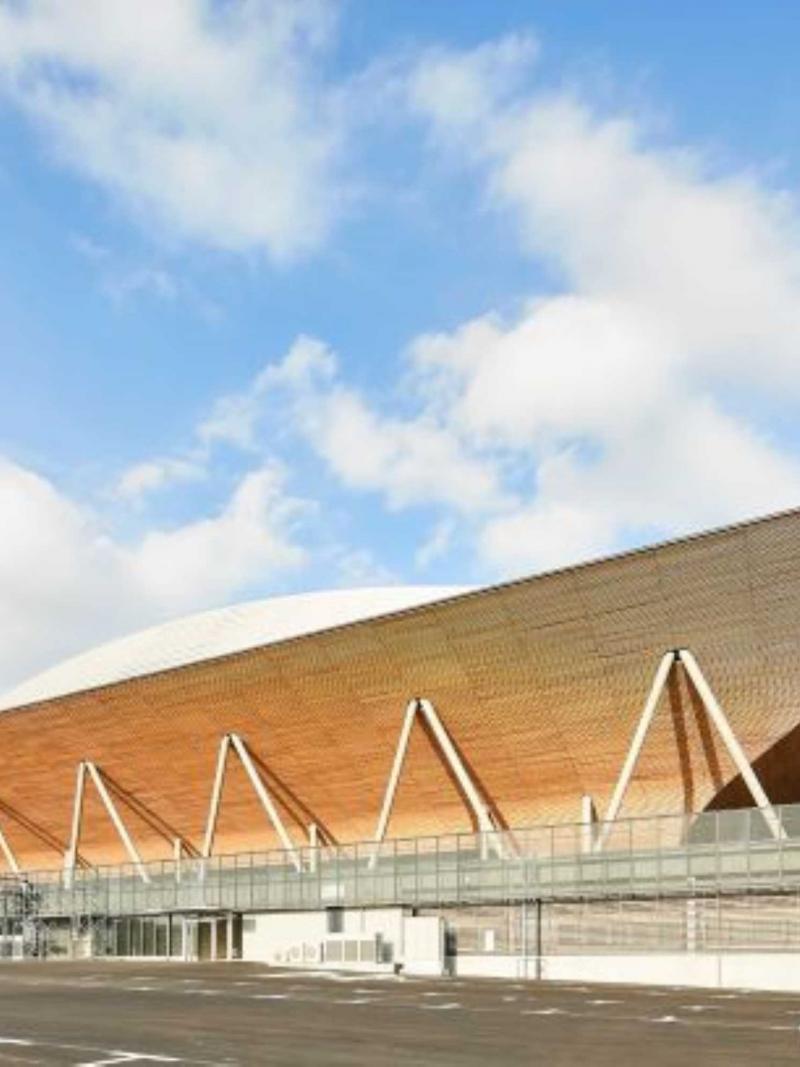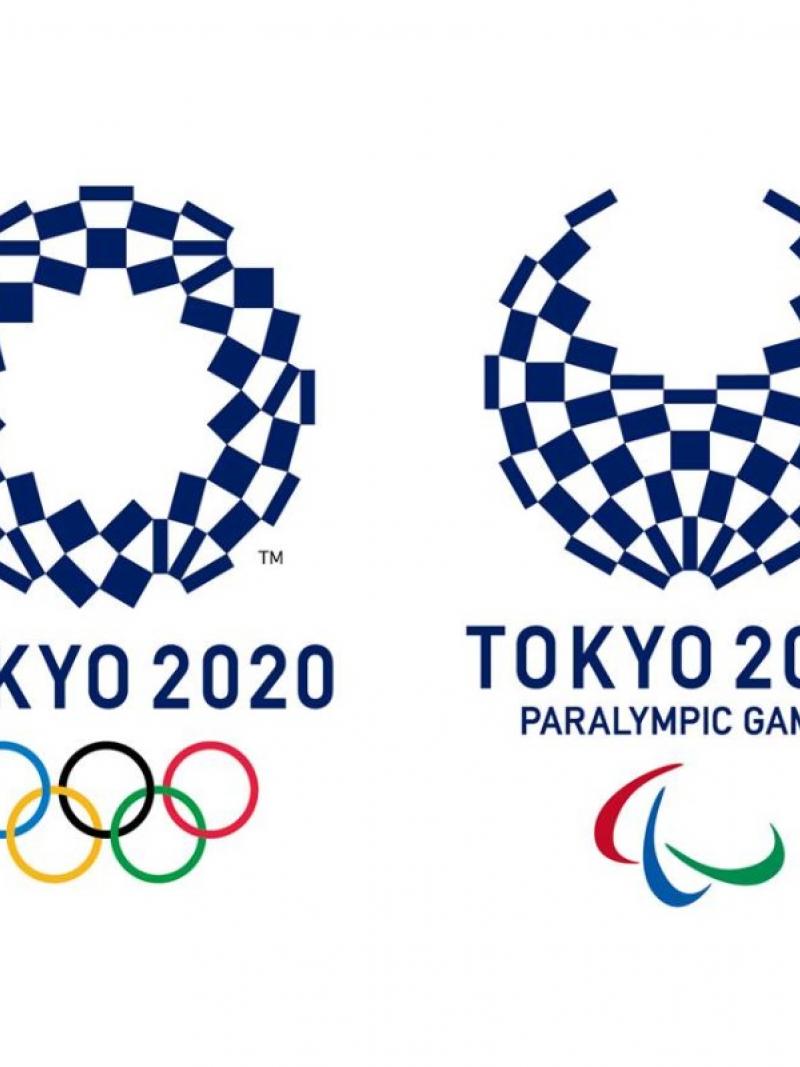Tokyo 2020 publishes update to sustainability pre-Games report
The Games are expected to go beyond carbon neutrality 09 Jul 2021
The Tokyo Organising Committee of the Olympic and Paralympic Games (Tokyo 2020) has published an update to its Sustainability Pre-Games Report.
Underpinning sustainability at The Tokyo 2020 Games are the five main themes of: ‘Climate Change’, ‘Resource Management’, ‘Natural Environment and Biodiversity’, ‘Human Rights, Labour and Fair Business Practices’ and ‘Involvement, Cooperation and Communications’. In April last year, Tokyo 2020 published its Pre-Games Sustainability Report, summarising the goals for initiatives in each of these areas. The postponement of the Games subsequently led to changes in the plans, the enactment of new initiatives, and prompted Tokyo 2020 to assess the impact of COVID-19 on both, Games operations and wider society. This new update has been published to reflect the change in circumstances compared to those of the Pre-Games Report.
A final report will also be published after the Games which will detail the overall results of these efforts and an analysis of the sustainable initiatives.
Highlights of the update
• Games preparations and the adaptation of the organisational structure following postponement
• Sustainability initiatives and results:
o The Games are expected to go beyond carbon neutrality. With the participation of more than 200 local businesses, carbon credits equivalent to 4.38 million tonnes of CO2 emissions have been collected by Tokyo Metropolitan Government and Saitama Prefecture, far exceeding the originally estimated Games carbon footprint of 2.73 million tonnes of CO2.
o It is expected that 100 percent of the electricity used during the Games will come from renewable sources,
with a direct supply of energy being provided by Olympic and Paralympic Partner ENEOS, and through
the use of tradable green power certificates.
o 24.5 tonnes of recyclable plastic waste were collected and utilised in the construction of the 98 Victory Ceremony Podiums that will be used during the Tokyo 2020 Games. Plastic was collected with the cooperation of the people of Japan who donated used household plastics for recycling, as well as through collection boxes at approximately 2,000 major retailers and 113 schools and other organisations.
o Reduced resource consumption through efforts to simplify Games operations following the postponement, an approach that will serve as a model for future Games.
o Raised the percentage of female members of the Executive Board to 42 percent, and taken a number of steps to achieve gender equality, diversity and inclusion during the Games.
o Continuing preparations to deliver the Games in compliance with the ISO20121 global event sustainability management standards.
Tokyo 2020 President Seiko Hashimoto said: “Following an unprecedented one-year postponement due to the pandemic and in the wake of the major impact on people’s lives around the world, the Tokyo 2020 Games have taken on new significance as a symbol of unity and solidarity. The most important aspect of these Games is their safe and secure operation, and acknowledging the concerns that many people in Japan and other countries have about the staging of the Games, we are continuing preparations while ensuring safety is our top priority.
“In addition, we are revisiting one of the Tokyo 2020 Games’ core concepts of 'Unity in Diversity – Accepting One Another', and we are doing everything we can to support the realisation of a society where everybody can thrive. We hope that our approach to addressing what are universal sustainability challenges becomes part of the legacy of the Games.
“While acknowledging our gratitude for Games stakeholders and all those who continue to support other people's lives in the midst of the pandemic, we will continue to do the utmost, in a tribute to their indomitable spirit and relentless efforts, to set a stage for which the athletes can shine.”
Tokyo 2020 Urban Planning and Sustainability Commission Chairperson Hiroshi Koniyama: “We are faced with the challenges of sustaining a fragile planet and society, and now find ourselves at a turning point for humankind. The COVID-19 pandemic is accentuating these challenges, and so we should seize this opportunity to help create a better society.
“The Tokyo 2020 Urban Planning and Sustainability Commission has always championed the Tokyo 2020 Games as a model for showcasing a sustainable society, with its range of initiatives including medals created from urban mines and podiums made from recycled plastic. We have continued with these efforts even after the postponement of the Games, and one of the legacies of these Games will be that they have prompted us to think about what a sustainable society is and how our individual actions can change to help achieve it. I am convinced that amidst these difficult times, these lessons will underline the significance of the Olympic and Paralympic Games.”
 Facebook
Facebook
 Instagram
Instagram
 Twitter
Twitter
 Youtube
Youtube





